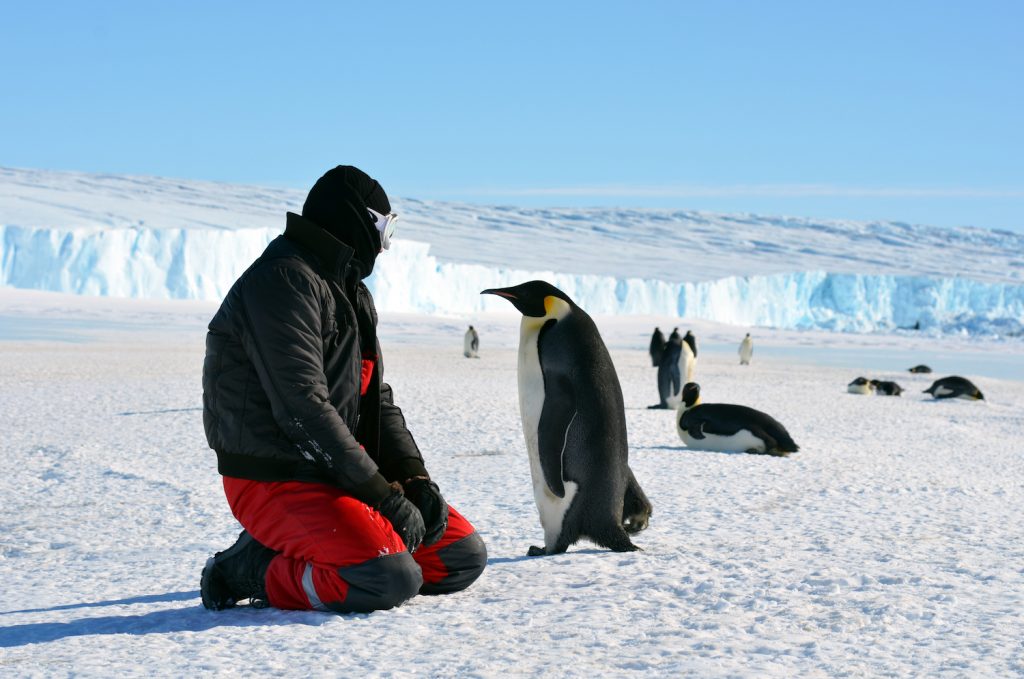Manas Dasgupta
NEW DELHI, Dec 23: The Corona worries in far-off Antarctica as well and the Indian scientists due to travel to the southern-most tip next month to replace the team already stationed there are currently undergoing a rough drill of quarantine to keep them infected-free before they set off.
The reports received here point out that Corona has already reached Antarctica, but the Indian scientists present there are so far safe. The disease has reached the southern hemisphere with the Chilean team whose 30 people at its military and research base stationed at Antarctica are reported to be Corona-infected.
But there is nothing to worry about the Indian team of 50 odd scientists living in two permanent Indian stations at Antarctica Maitri (set up in 1988) and Bharati (established in 2012). Reports reaching here said the Chilean station is very far away from the Indian stations, more than 5,000 kilometres and there is no inter-action between them even in normal times. In fact, the two Indian stations itself are over 3,000 kms apart. The nearest station to India’s is that of Russia’s which is located more than 10 kms away. “There is absolutely no inter-action between the scientists of one station with another,” reports received here said. The present team of Indian scientists had travelled to Antarctica in December last year before the outbreak of the pandemic in India.
The Goa-based National Centre for Polar and Ocean Research (NCPOR) is the nodal laboratory for coordinating India’s research activities in Antarctica and in the Arctic region,
“Following the Covid epidemic, an international protocol for working in Antarctica has been agreed upon. There is practically no interaction amongst scientists from different countries. No one is going to any other country’s research station, reports said.
But it is not that Covid is not causing any worries. A new batch of scientists is slated to travel to Antarctica next month, to relieve those who are currently there, as happens every year. The biggest concern right now was to ensure that no one in the departing team takes the infection with him.
“About 50 people are supposed to leave next month. We are taking all precautions to ensure that none of them gets the disease. All of them are already in Goa now and have been quarantined in a hotel. They are being tested every five days to check for any infection,” official sources said.
Because of the pandemic, the Indian team this time will travel to Antarctica directly from Goa. Normally, the team travels to South Africa and boards a ship from Cape Town to cover the remaining distance. But this time, NCPOR has hired a Russian vessel that would carry the team from Goa itself.
“Travelling to South Africa would have been difficult. Flight services are disrupted. Then, there is the additional risk of exposure. The team would have had to remain quarantined in South Africa for two weeks before leaving for Antarctica. So, instead of that, we decided to travel directly from Goa,” he said.
“Precautions are being taken to ensure that no one gets infected during the journey also. It’s about a month-long journey, and the ship will have to refuel once, maybe in Mauritius or some other place. People would continue to be tested onboard as well, and if someone does get infected, contingency plans have been put in place to isolate, and, if possible, de-board them on the way,” he said.
Apart from those headed to the permanent Indian stations, there are several scientists who travel to Antarctica for their research projects. Many of them spend a few months there between December and April, collecting data or making observations for their research. Those scientists were unable to go to Antarctica this year because of the pandemic. This group usually departs in November and comes back in April.
The Maitri and Bharati stations, together, have a capacity to house about 100 people at one time during the summers. In winters, slightly fewer people can be accommodated. But usually, the Indian team, who are there to man the stations, comprises about fifty people at any time.

